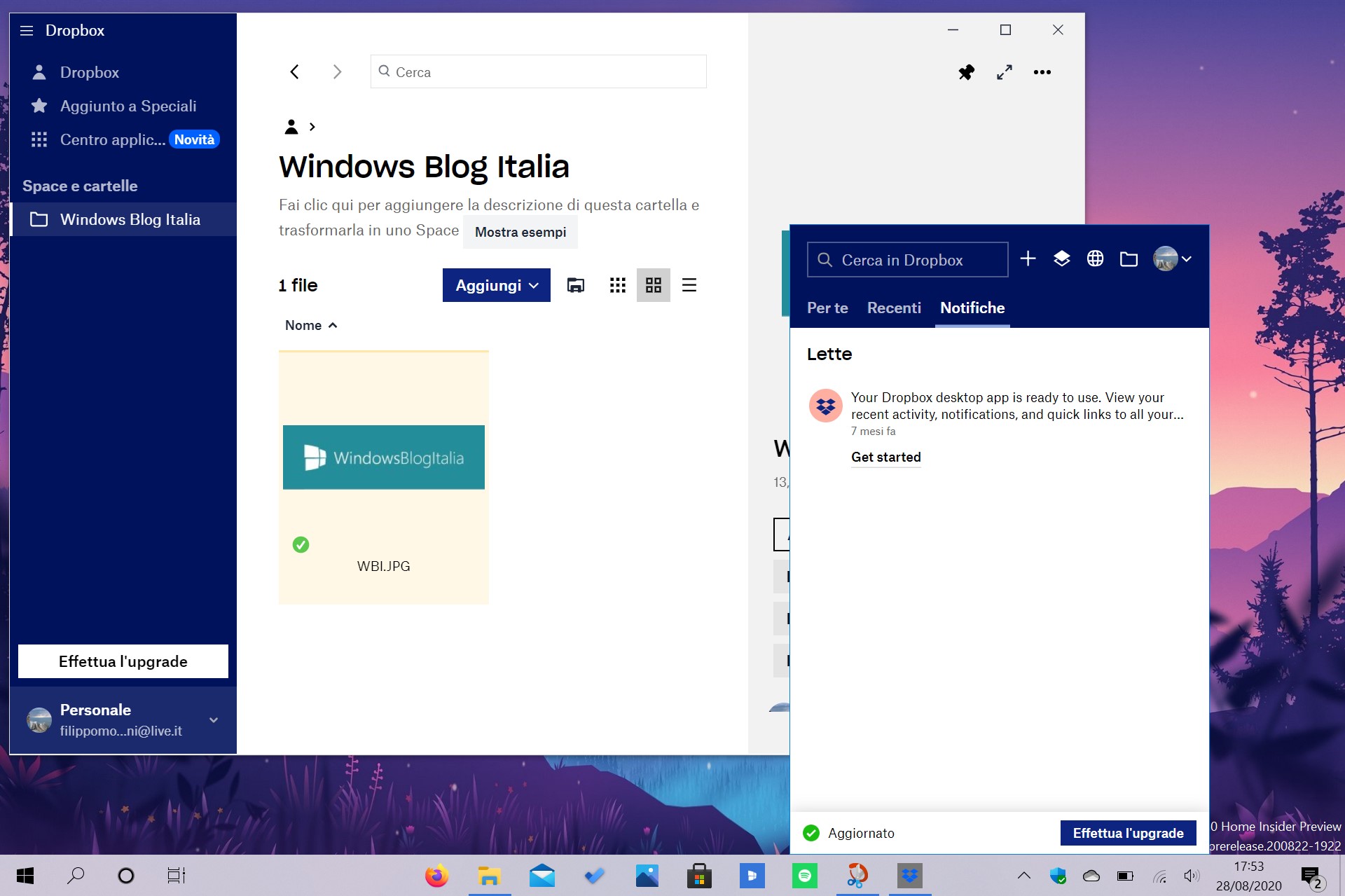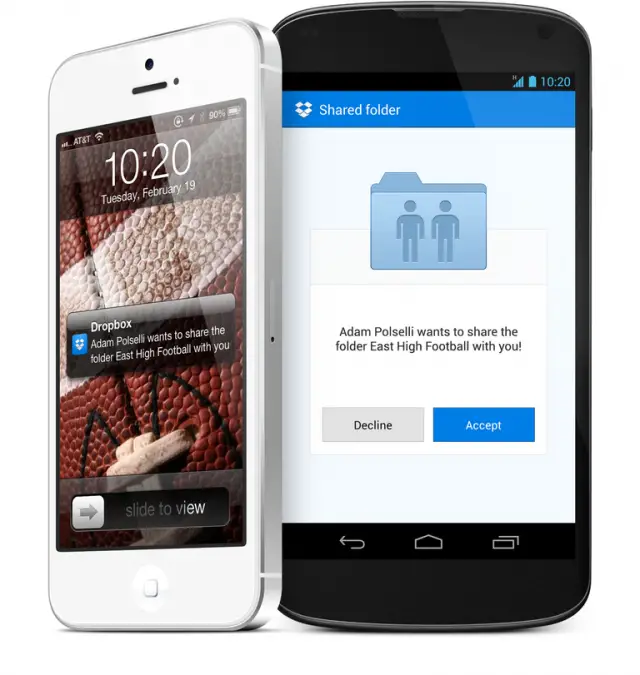


If that does not work, uncheck the box and use one of the following methods instead:įor KDE users, no further steps are required, as KDE saves running applications when logging out and restarts them automatically. Try checking this box and seeing if Dropbox starts automatically. In the Dropbox preferences, under the "General" tab there should be a "Start Dropbox on system startup" checkbox. This appears to be necessary for modern Dropbox clients to operate successfully from systemd on arch.Īlso see the relevant Dropbox forum post. The service then attempts to hand over control to this binary and dies, causing systemd to re-start the service, generating a conflict and an endless loop of log-filling, CPU-eating misery.Ī workaround is to prevent Dropbox from downloading the automatic update by creating the ~/.dropbox-dist/ folder and making it read-only: Since at least version 2.4.6 (see comments around on AUR), Dropbox has had an auto-update capability which downloads a new binary to the ~/.dropbox-dist/ folder. You need an X panel with a system tray or a standalone system tray application for that. Note that in order to access the GUI and the settings, the only way is via a tray icon. For some reason, dropbox AUR has not marked this package as a required dependency but it is still such. Otherwise, the program is unable to sign the binaries and verify the signatures, when it is started the next time.

As a last resort, the Dropbox website has instructions for a headless install via command line. Simply drop files into your ~/Dropbox folder, and they will automatically sync to your centralized repository.ĭropbox AUR can be installed. Use it to transparently sync files across computers and architectures. Dropbox is a file sharing system with a GNU/Linux client.


 0 kommentar(er)
0 kommentar(er)
